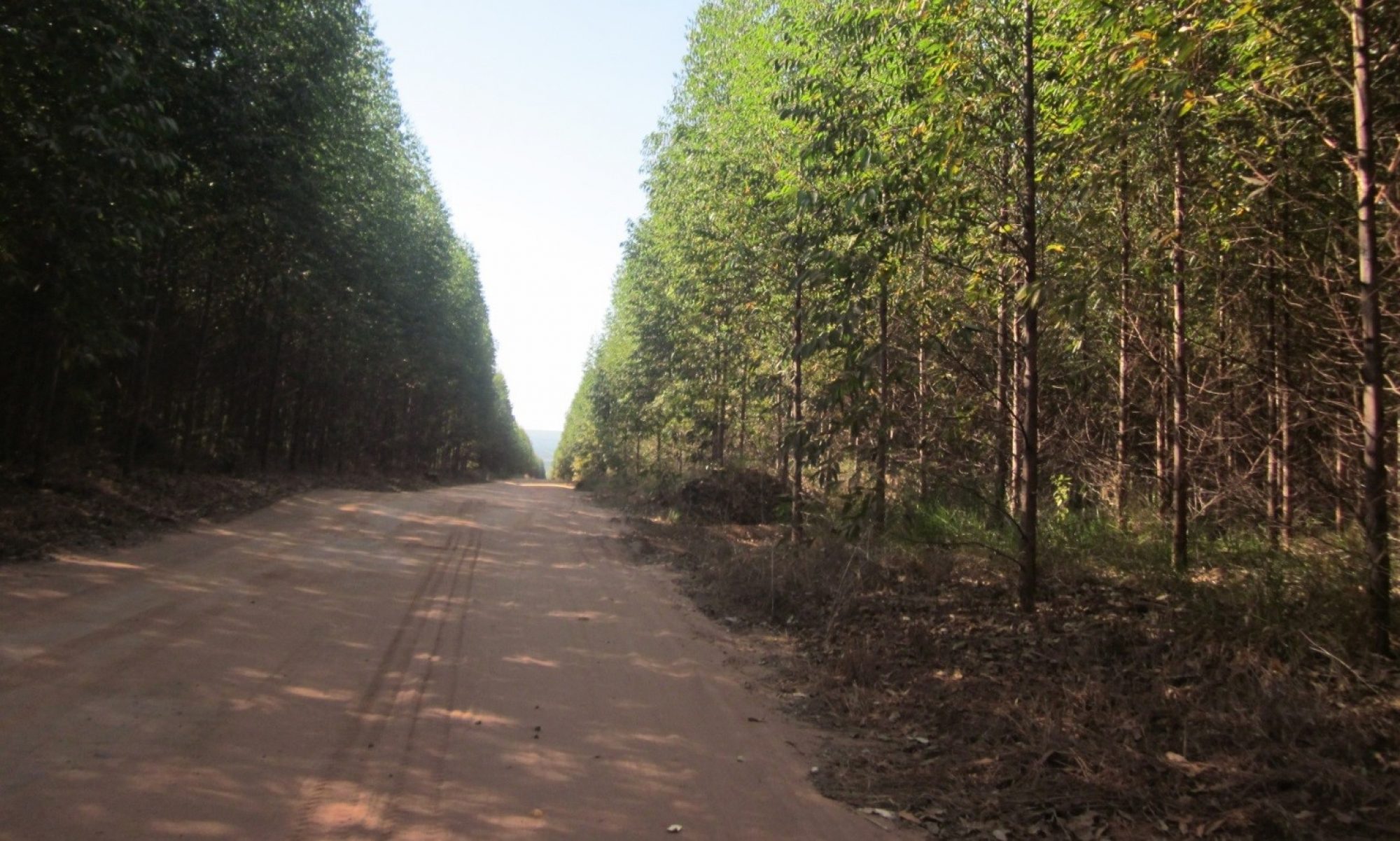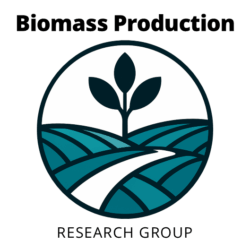Introduction
Forests across Europe and China are becoming more vulnerable to droughts, storms, pests and pathogens, with cascading social-ecological impacts. ECO2ADAPT Ecosystem-based Adaptation and Changemaking to Shape, Protect and Maintain the Resilience of Tomorrow’s Forests responds by co-creating ecosystem-based adaptation (EbA) solutions that harness biodiversity and ecosystem services to reduce vulnerability and build resilience. The project establishes Living Labs in climate hotspots across Europe and China, where scientists, managers and communities test, compare and refine nature-based strategies in real landscapes.
To scale learning, the project is building an open knowledge base (FAIR data), new governance and economic mechanisms (including insurance/business instruments), and practical digital tools such as the OneForest Toolbox (a smartphone app) to support species/provenance choice, mixtures and adaptive silviculture under uncertain climates. Training and outreach connect research with practice and education, ensuring uptake from citizens to policy-makers.
Objectives
Co-create and test EbA solutions in Living Labs across European and Chinese climate hotspots, integrating disturbance and vulnerability into day-to-day forest decisions through Decision Theatre exercises.
Model resilience and ecosystem-service outcomes under alternative management and climate scenarios at landscape scale, to reveal synergies and trade-offs relevant to managers and regions.
Enable uptake via tools and data, including a FAIR knowledge base and the OneForest Toolbox app, alongside training for practitioners and students and policy-learning platforms.
Innovate governance and finance, piloting regional mechanisms (e.g., certification, insurance and business models) that incentivise adoption of resilient, nature-positive forestry.
Participants
Partners
- Institut National de Recherche pour l’Agriculture, l’Alimentation et l’Environnement (INRAE), France coordinator
- University of Eastern Finland (UEF), Finland
- Centre de Coopération Internationale en Recherche Agronomique pour le Développement (CIRAD), France
- Global Climate Forum (GCF), Germany
- European Forest Institute (EFI), Finland
- Institut de Recherche pour le Développement (IRD), France
- Université de Montpellier (UM), France
- Albert-Ludwigs-Universität Freiburg (ALUFR), Germany
- Agricultural University of Athens (AUA), Greece
- Nature Based Solutions Institute (NBSI), Sweden
- Bitcomp Oy (Bitcomp), Finland
- Università degli Studi di Firenze (UNIFI), Italy
- InNovaSilva ApS (InNovaSilva), Denmark
- ForestRe Ltd. (FORRE), United Kingdom
- Institute for Multidisciplinary Research, University of Belgrade (IMSI), Serbia
- Finnish Forest Centre (FFC), Finland
- Vytautas Magnus University (VMU), Lithuania
- Max Planck Society (MPI), Germany
- Forest Science and Technology Centre of Catalonia (CTFC), Spain
- Transilvania University of Brașov (UNITBV), Romania
- INRAE Transfert (INRAE-T), France
- Office National des Forêts (ONF), France
- Green Estates Oy (Green Estates), Finland
- Preferred by Nature (PBN), Denmark
- ETH Zürich (ETHZ), Switzerland
- Chinese Academy of Forestry (CAF), China
- International Centre for Bamboo and Rattan (ICBR), China
- Zhejiang Agricultural and Forestry University (ZAFU), China
- South China Botanical Garden, Chinese Academy of Sciences (SCBG-CAS), China
- Peking University (PKU), China
- Central South University of Forestry and Technology (CSUFT), China
UEF Research Group
- Frank Berninger (Dpt. Environmental and Biological Sciences, WP1 leader)
- Blas Mola-Yudego (School of Forest Sciences, deputy WP2 leader)
- Tahamina Khanam
- Marina Peris
- Qianqian Tian
Financing
EU contribution (Horizon Europe RIA): 9 788 452 EUR
Grant Agreement: No. 101059498
Duration: 1 Sept 2022 – 31 Aug 2027
Programme/Topic: Horizon Europe, Cluster 6 — HORIZON-CL6-2021-CLIMATE-01-10 (EU–China cooperation on forest resilience)
UEF funding: 794 292 EUR (Frank Berninger, Blas Mola)
Outcomes
Publications
Hoyos-Santillan, J., Chavarría, J., Castillo-Bethancourt, L. M., Vargas, J. E., Sanjur, A., Morales, J., … & Mola-Yudego, B. (2025). Soil carbon stock densities in mangrove and forested wetland ecosystems of Panama. Scientific Data, 12(1), 1605. https://doi.org/10.1038/s41597-025-05877-x
Hoyos‐Santillan, J., Chavarría, J., Castillo-Bethancourt, L. M., Vargas, J. E., Sanjur, A., Morales, J., Leung, B., Candanedo, I., Ibáñez, A., Manzane-Pinzon, E., González-Mahecha, E., & Mola-Yudego, B. (2025). Soil carbon stock densities in mangrove and forested wetland ecosystems of Panama. Scientific Data, 12, 1605. https://doi.org/10.1038/s41597-025-05877-x
Peris-Llopis, M., Mola-Yudego, B., Berninger, F., Garcia-Gonzalo, J., & González-Olabarria, J. R. (2024). Impact of species composition on fire-induced stand damage in Spanish forests. Scientific reports, 14(1), 8594. https://doi.org/10.1038/s41598-024-59210-4
Peris-Llopis, M., Vastaranta, M., Saarinen, N., González-Olabarria, J. R., García-Gonzalo, J., & Mola-Yudego, B. (2024). Post-fire vegetation dynamics and location as main drivers of fire recurrence in Mediterranean forests. Forest Ecology and Management, 568, 122126. https://doi.org/10.1016/j.foreco.2024.122126
Khanam, T., Peris-Llopis, M., Xu, X., Mola-Yudego, B., Leskinen, L., & Berninger, F. (2025). Finnish forest-related laws need to acknowledge climate change risks and integrate adaptive strategies to enhance resiliency. Communications earth & environment, 6(1), 332. https://doi.org/10.1038/s43247-025-02284-3
Khanam, T., Peris-Llopis, M., Selkimäki, M., Brazaitis, G., Mola-Yudego, B., Hartmann, H., … & Berninger, F. (2025). Navigating climate threats in forestry across five European regions: Stakeholder’s adaptive management and policy strategies to resilience. Journal of Environmental Management, 388, 125903. https://doi.org/10.1016/j.jenvman.2025.125903
Krsnik, G., Reynolds, K. M., Aquilué, N., Mola-Yudego, B., Pecurul-Botines, M., García-Gonzalo, J., & González Olabarria, J. R. (2024). Assessing the dynamics of forest ecosystem services to define forest use suitability: a case study of Pinus sylvestris in Spain. Environmental Sciences Europe, 36, 128. https://doi.org/10.1186/s12302-024-00956-z
Pineda-Zapata, S., & Mola-Yudego, B. (2025). European biomass production systems: Characterization and potential contribution to land use diversity. GCB Bioenergy, 17, e70057. https://doi.org/10.1111/gcbb.70057
Papamatthaiakis, N., Barbero-López, A., Eronen, E., Jänis, J., Mola-Yudego, B., & Haapala, A. (2025). Hydrothermal Liquefaction of Coffee Silverskin and Spent Coffee Grounds: Bioenergy and Biochemical Potential. BioEnergy Research, 18:65. https://doi.org/10.1007/s12155-025-10867-3
Chen, L., Keski‐Saari, S., Kontunen‐Soppela, S., Zhu, X., Zhou, X., Hänninen, H., Pumpanen, J., Mola-Yudego, B., Wu, D. & Berninger, F. (2023). Immediate and carry‐over effects of late‐spring frost and growing season drought on forest gross primary productivity capacity in the Northern Hemisphere. Global Change Biology, 29(14), 3924-3940. https://doi.org/10.1111/gcb.16751
Dissemination
Europe’s Forest Blindspots: Are We Ready for the Next Climate Crisis?
Is Finland’s forest legislation ready for climate change?
European biomass plantations can enhance land use diversity
European landscape diversity and land uses
Are late-spring frost and drought eroding forest carbon sinks?
Coffee industry waste into a renewable energy resource?
Where are Europe’s biomass fields?
Decision Support Tools for Maximizing Forest Utility
Are mixed species forests less affected by forest fires?
Mixed-species forests have gained attention for their ecological benefits
How often a forest gets burnt again?
Main drivers for forest recurrence
Recurrent fires significantly influence ecosystem resilience and adaptation

